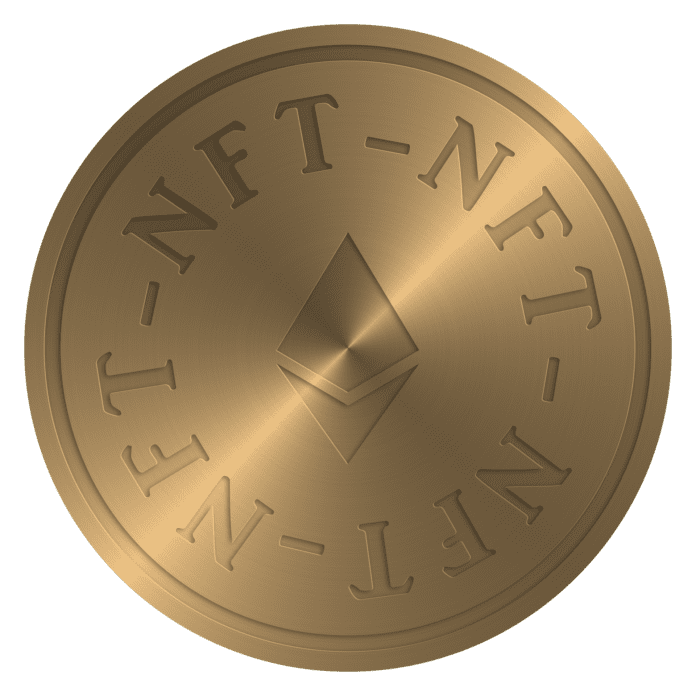Music artists who stream over popular music streaming services are typically paid less than a penny for each stream. What if we could take back the power to where the artist can maintain their artistic expression and also receive nearly 100 percent of the revenue. This is how NFTs are disrupting the music industry and can be used to crowdfund new music!
XONE is a mobile Augmented Reality social network developed by CEO & Co-Founder James Shannon, that allows users to build and share 3D worlds. XONE’s vision is to become the web3 version of TikTok, focusing on user-friendly interfaces, discovery, and music to onboard the next 100 million users into web3.
Why don’t music artists see most of the revenue generated from their music, if it’s their music anyway?
“It’s important to note that the main reason for artists not seeing a larger chunk of their streaming revenue is due to the nature of record label contracts and not necessarily the streaming provider. Having access to major labels is key because traditionally they have been at the center of the music industry for two reasons. Firstly, they provide funding to an artist in order to create and produce a record and secondly they provide the marketing engine required to distribute this music to the mass public. Until the early 2000’s both music product and distribution were huge barriers to entry for a non-label signed musician. Production costs and technology restricted the ability to produce professional quality music. Labels also held exclusive relationships with vinyl and CD manufacturers, sales outlets, and broadcast channels which were not accessible to the public. In exchange for access to capital, production, and distribution labels typically take 80% of all revenue generated from the sale of a record. Moreover, they own all rights to the master recording itself and, often, to the very likeness of the artist themselves,” says James Shannon, CEO & Co-Founder.
Okay, so how are NFTs disrupting this traditional industry?
“The web3 market represents a complete shift in the traditional music industry model. Rather than handing ownership of a recording to a single central authority like a record label, artists can sell ownership of a song to a community of people and use blockchain technology to distribute royalties proportionally. In exchange for true ownership of a recording, communities can purchase branded NFTs or tokens which include royalty payouts embedded in smart contracts.”
With this change in how we interact with the music industry, is there a potential downside?
Shannon goes on to say that, “In my opinion, NFTs and smart contract technology can very effectively be used to gather investment and distribute royalties to a community. However, in doing so, the artist will not benefit from the reach of traditional platforms and marketing engines which the labels still provide very effectively. It’s a double edged sword that will be fascinating to see play out.”
Help keep news FREE for our readers
Supporting your local community newspaper/online news outlet is crucial now more than ever. If you believe in independent journalism, then consider making a valuable contribution by making a one-time or monthly donation. We operate in rural areas where providing unbiased news can be challenging. Read More About Supporting The West Wales Chronicle

























